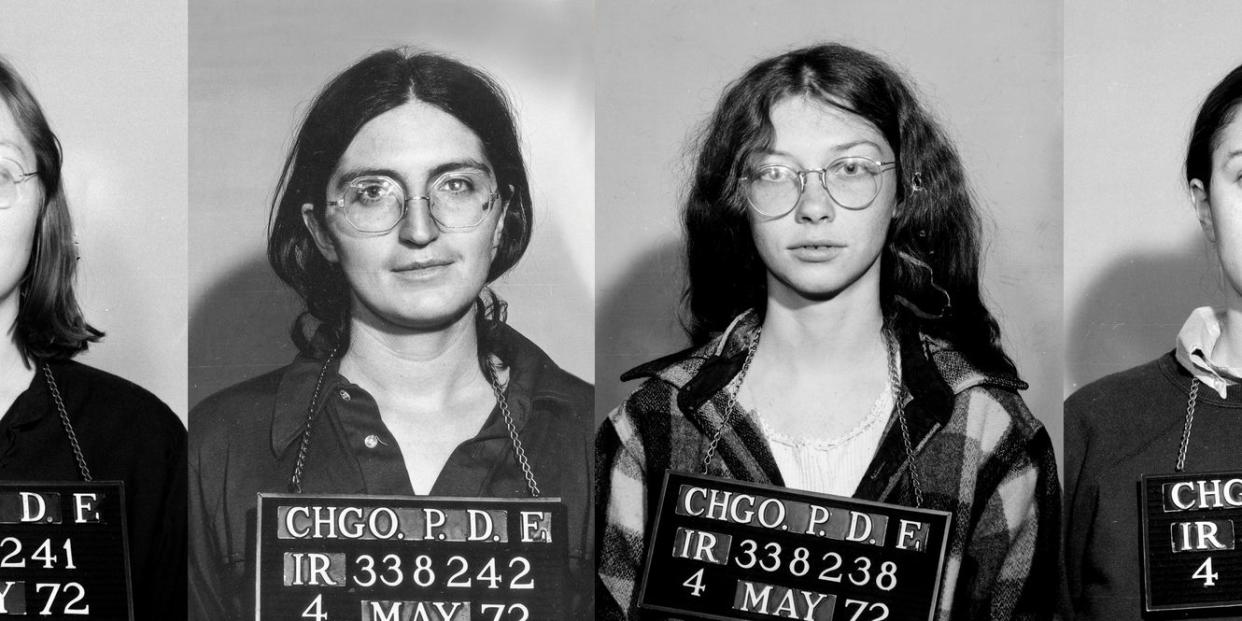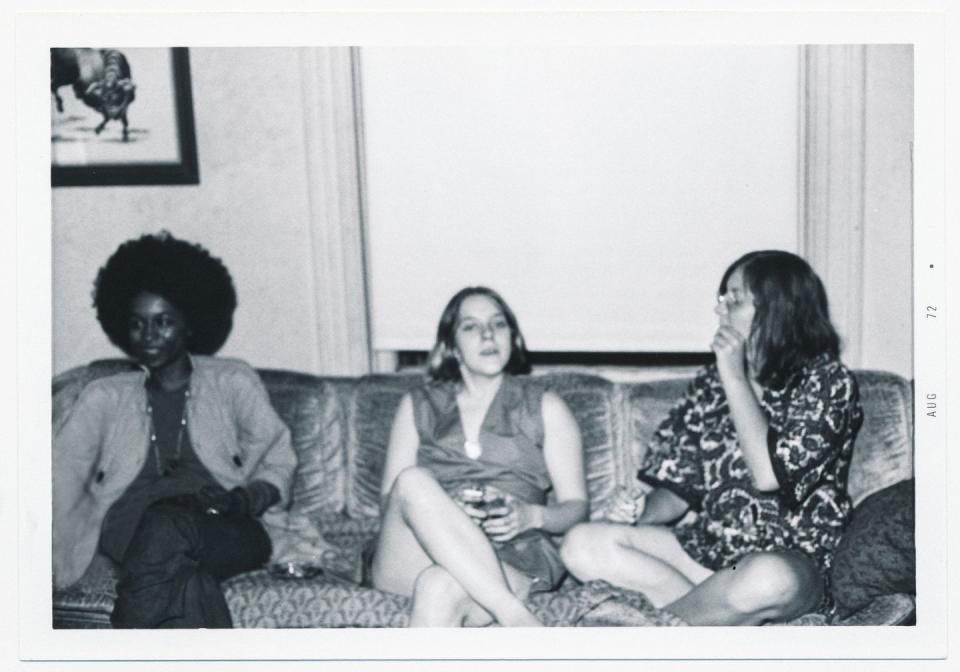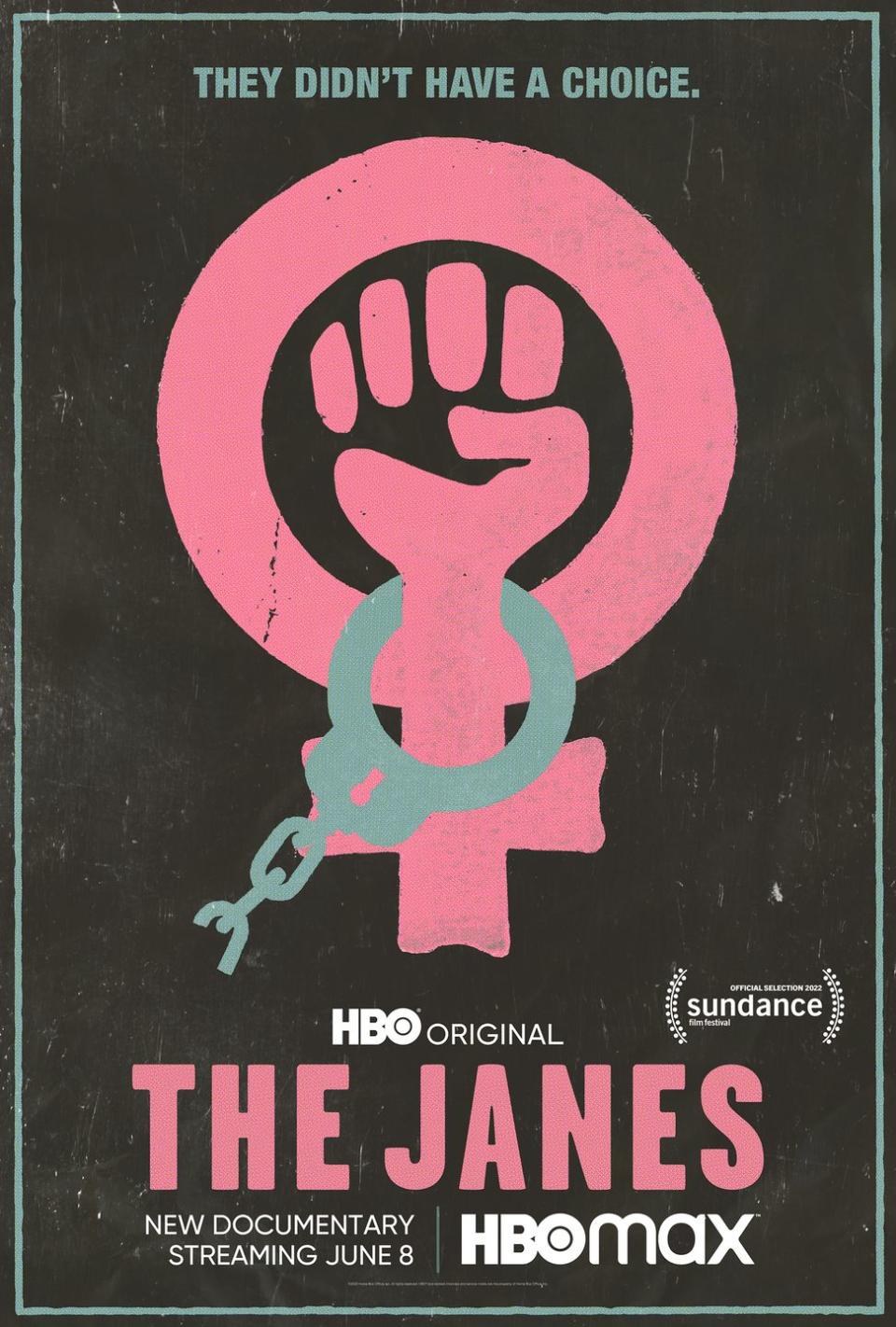The True Story Behind HBO Max’s “The Janes” Documentary

- Oops!Something went wrong.Please try again later.
The Janes documentary premiered on June 8 on HBO Max. Directed by Tia Lessin and Emma Pildes, the film reveals the stories of a group of women activists in Chicago who provided safe but illegal abortions until the passing of 1973’s Roe v. Wade. Amid a pandemic, school shootings, possible recession, and civil unrest, The Janes reminds us of another issue our nation cannot forget—a quiet but vital battle against the return to a society where women’s reproductive rights are invalidated and criminalized. Whether one considers themselves pro-choice or pro-life, this documentary aims to highlight one unavoidable reality: Legal or not, abortion has always happened and always will.
Read on to find out more about the real-life Janes, their impact on reproductive rights, and the current struggle to uphold their wins.
Who Are The Janes?
The Janes were a group of women activists in Chicago who provided safe but illegal abortions from the late 1960s until the passing of 1973’s Roe v. Wade. At the time, the group’s survival depended on being underground, and while members are now in their 70s, many were never public figures. Similar to all underground operations, the neighbors knew. There was an ad—“Pregnant? Call Jane”—posted wherever women were known to gather, and a number in the phone book matching the pseudonym. While members of the collective initially served as liaisons between clients and service providers, they were eventually trained to practice safe abortions and were able to provide services at a lower cost.
Four of the many women in the collective were Laura Kaplan, author of The Story of Jane: The Legendary Underground Feminist Abortion Service, civil rights activist Heather Booth, reproductive rights activist Abby Pariser, and Sheila Avruch, retired assistant director of the Government Accountability Office. All of these women were instrumental in performing around 11,000 safe abortions in the Chicago area and later served as women’s health workers within the community and government. “Ordinary women saving women’s lives” is how members of the Jane Collective saw themselves. New struggles for women’s reproductive rights and the debut of their documentary The Janes, directed by Tia Lessin and Emma Pildes, have encouraged members to resurface.

Abortion in the 1960s and 1970s
In the 1960s and 1970s, legal abortion wasn’t an option for most women, even those with dire medical conditions. The Janes documentary exposed that oftentimes those who needed abortions were the mistresses, secretaries, and daughters of the men who defended laws against it (policemen, judges, and powerful men within the government). Because it was illegal, research scholars have never been able to pin down the exact number of pregnancies that ended in abortion at that time, but the estimation is 25 percent. To receive a legal abortion, one had to appeal to a hospital’s board of directors, who sometimes, even in life or death situations, denied the request. Illegal abortions, while more accessible, were often extremely dangerous. Women would pay hundreds, and sometimes over a thousand dollars, only to find themselves on the beds of seedy hotels, undergoing unclean procedures in the middle of nowhere. “The septic abortion ward was full every day,” and the Jane Collective was one of the only services that could combat a growing epidemic.
What is Roe v. Wade?
Petitioned in 1969, Roe v. Wade refers to the lawsuit originally appealed by a 22-year-old pregnant woman named Norma McCorvey who—single, unemployed, and pregnant with her third child—used the pseudonym “Jane Roe” to sue Texas district attorney Henry Wade. At the time, Texas law prohibited abortion unless required to save a woman’s life. Roe argued that the law was “unconstitutionally vague” and a violation of personal privacy. At the time of the petition, abortion was legal in only four states and allowed under limited circumstances in 16 others. Upon its passing, Roe v. Wade established an absolute right to an abortion during the first trimester. But by the time the Supreme Court passed the law, it was 1973 and Norma had given birth to a little girl whom she’d put up for adoption. While the law was debated, desperate women in states like Illinois (which didn’t enact the law until 1975) were out of luck if they wanted legal pregnancy termination. This is where the Jane Collective came in, aiding women—who had taken matters into their own hands—with safe alternatives.
Abortion and the Supreme Court today
Today, there is a new case poised to undermine Roe v. Wade called Dobbs v. Jackson Women’s Health Organization. It challenges Mississippi’s ban on abortion after 15 weeks. Similar to Planned Parenthood v. Casey, it is up to the Supreme Court to uphold the rights associated with Roe v. Wade, which already allows states to “regulate— but not ban” abortion up until the point of fetal viability (24 weeks). If the court decides to uphold Mississippi’s ban, it will compromise both laws, resulting in a hodgepodge of abortion laws across the country, with some states protecting the right to termination and others immediately prohibiting it.
The Janes is now streaming on HBO Max.

You Might Also Like

